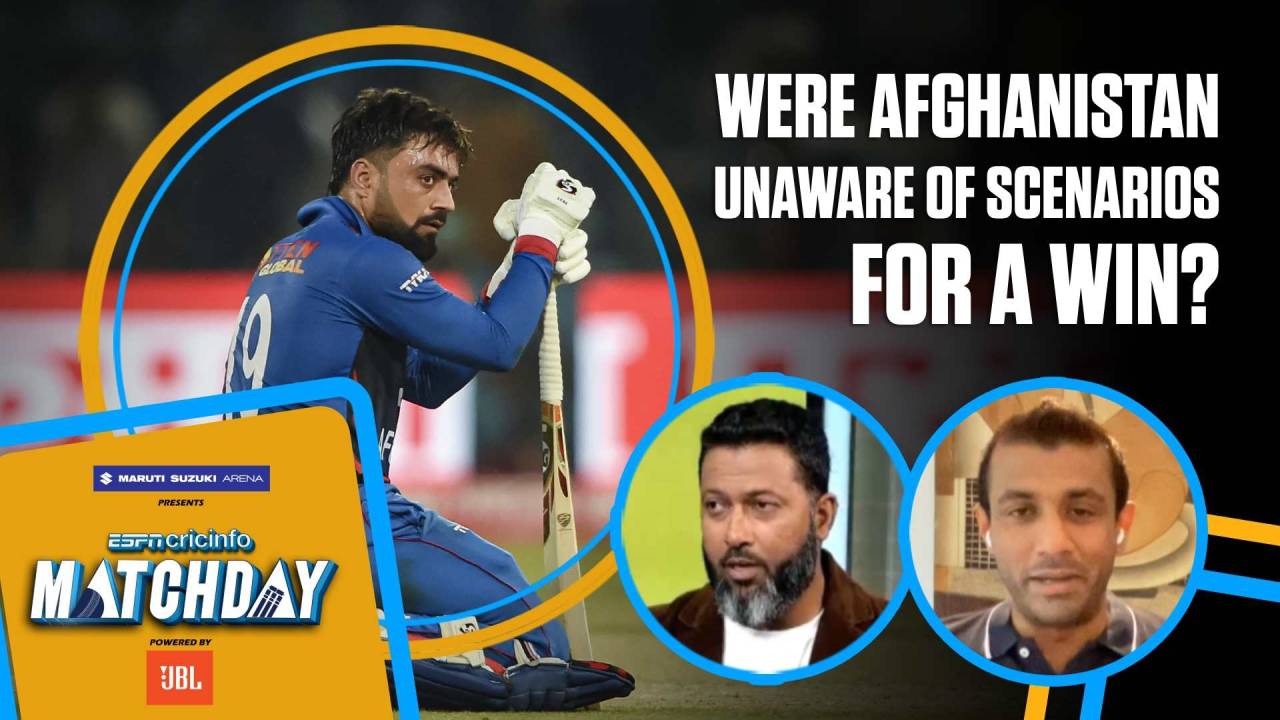Trott admits Afghanistan were unaware of NRR permutations
"We were never communicated those calculations. All we were communicated was we needed to win in 37.1 overs."
A fair and insightful review of the only tournament in cricket that matters - the Asia Cup
Is Sri Lanka's tame finish in ODIs a cause for concern?
Shanto out of Asia Cup with hamstring injury, Bangladesh bring in Litton
Heartbreak for Afghanistan as SL qualify by slimmest margin
Last leg of Asia Cup matches to be played in Colombo as scheduled
